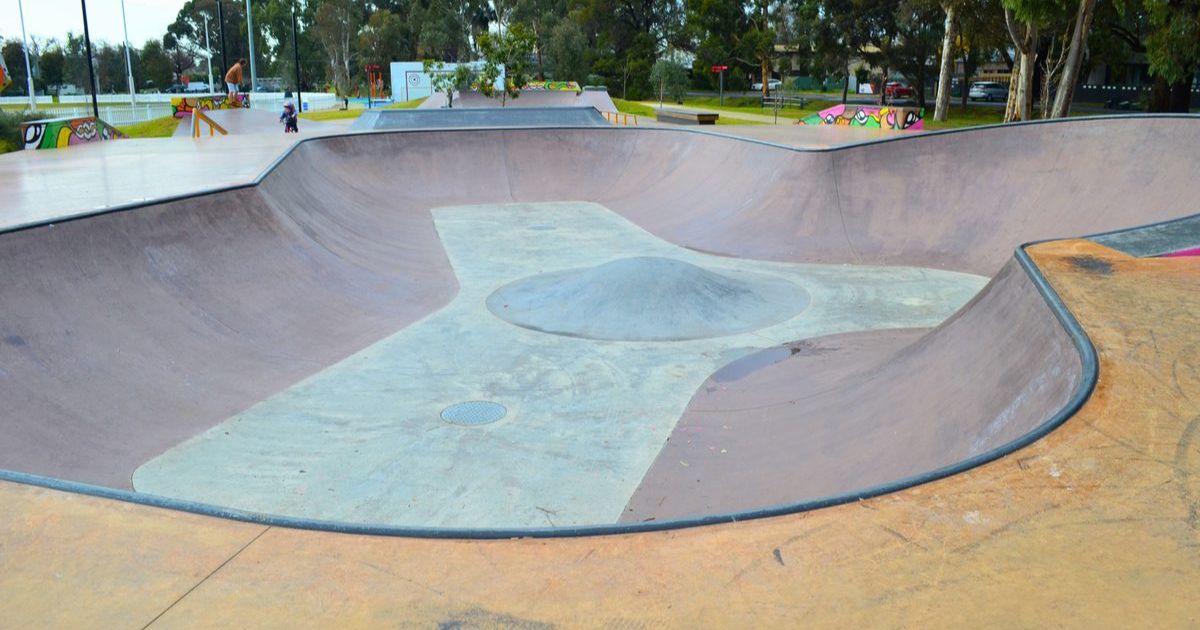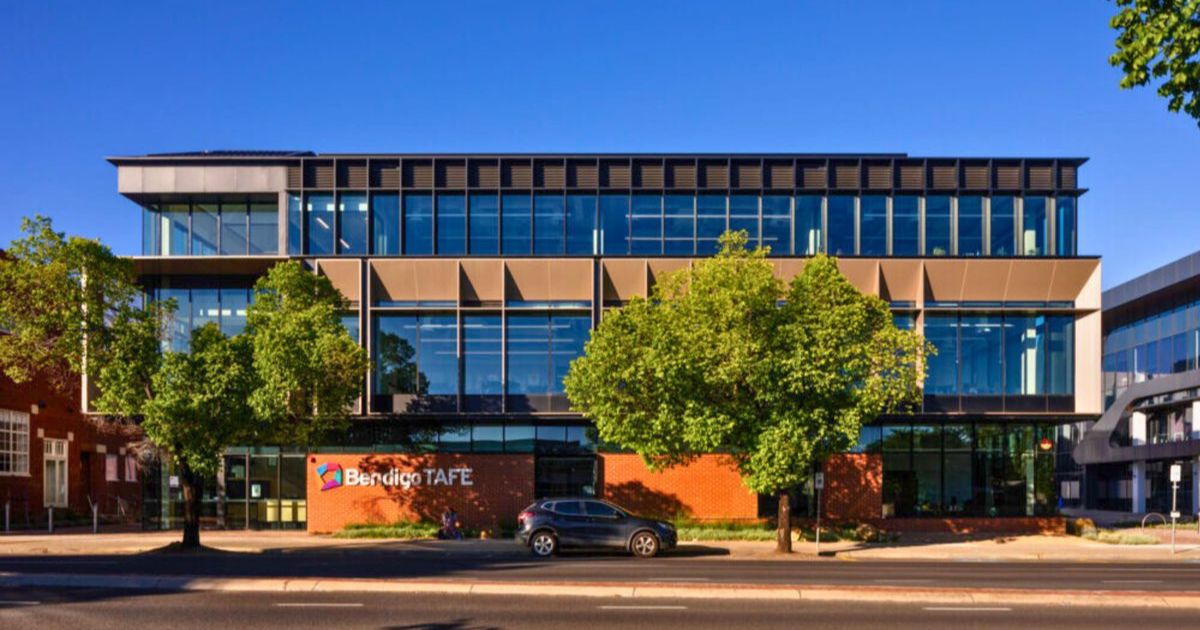Cleaner transport campaign attracts government funding

Greener city: The Greater Bendigo Zero Emissions Roadmap will focus on active and public transport, micro-mobility, and electric vehicles. Photo: FILE
THE City of Greater Bendigo’s plan to achieve a zero-emissions transport system has received a substantial financial push with a State Government grant of $30,000.
The allocation, announced recently by Minister for Public and Active Transport Gabrielle Williams, is part of a $1.5 million package for small scale transport projects across the state through the Government’s Flexible Local Transport Solutions Program (FLTSP).
It will be used in the development of the City’s Greater Bendigo Zero Emissions Roadmap, which was launched last year.
The roadmap aims to achieve a zero-emissions transport system in the municipality between 2030 and 2045.
“The council has engaged the Sensible Transport Institute to develop an evidence-based strategic framework to meet this goal,” a City spokesperson said.
“The framework will focus on a mix of walking, cycling, micro-mobility, public transport and electric vehicles.
“It will develop the evidence base and a prioritised implementation plan up to 2045.
“As well as meeting our climate goals, there are health, lifestyle, traffic and wellbeing benefits to be gained from a transport system that provides effective transport choices for our community.”
When she announced the funding, Ms Williams said the overall package would support 16 community-led projects.
Among other projects to be funded is a strategic transport assessment to define future transport needs in the Ballarat region ($60,000) and $100,000 for RMIT University researchers to help them develop a modelling tool to deliver cycling infrastructure projects in regional Victoria and fast-track development of cycling networks.
Ms Williams said the FLTSP also has a strong focus on inclusion and is supporting a pilot program in Wodonga that is helping up to 28 migrants and Aboriginal and Torres Strait Islanders obtain their driver’s licence.
The program will also be responsible for the upgrading of various pedestrian footpaths in regional areas.
“We’re proud to be part of such important initiatives across our state, providing evidence-based solutions and helping communities be more connected,” Ms Williams said.
“We’re delivering a more modern, efficient and reliable transport system that gets passengers where they need to go.”


















